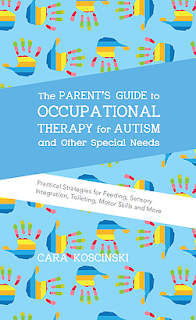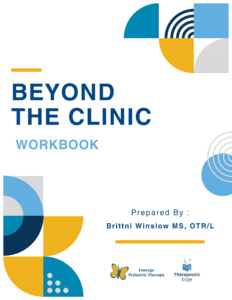Playdates benefit ALL children who want to practice critical social skills to build upon. The benefits of playdates include increasing confidence; improving social decision making; and practicing skills in an adult-supervised yet natural setting. Playing together allows kids to be a part of the action vs. being quiet observers. Many parents set up playdates to encourage the building of critical skills and friendships. The most important lesson learned from playing with a variety of children is that EVERY child is different and special! Throughout life, we meet and interact with people of all shapes, sizes, and abilities, and learning from each other can truly enhance our lives.
Here are the next 5 tips:
6) Consider food allergies and sensitivities. When planning a snack contact the other child’s parent to determine which foods are safe for both children. It can be very meaningful for the other parent and is a critical step to avoiding potential life-threatening reactions to foods. Do not be offended if the children do not eat what is set out for a snack. The kids may just be too excited to eat!
7) Be mindful of any physical limitations. Some children with SPD (Sensory Processing Disorder) do not prefer to get messy, dirty, or wet but they can be super at doing other things such as building or creating. Offer multiple things to do so kids can exercise their ability to make a choice. It’s always a sensitive topic to talk about someone’s weaknesses, instead ask, “What is Billy great at doing?”

8) Provide adult supervision and support throughout the playdate. Since children of all abilities have different personalities, disagreements may arise. Consider ways to resolve conflicts such as asking both kids to take five deep breaths or closing their eyes and counting to ten. Make sure to ask the other parent which strategies are used when their child becomes stressed or upset. Preparation is a key ingredient in successful interaction when facilitating a playdate. Be sure to offer a place for quiet time if either child needs it. We all can get overstimulated – especially in busy settings.
9) Begin with short playdates of an hour. Keep the first playtimes shorter until the children become more comfortable with each other. Consider having more short yet frequent playtimes with the same friend since relationships can take time to build. It’s important to end on a good note. So, if the children are in any type of conflict, help to facilitate a peaceful ending.

10) There is NO such thing as a perfect playdate! Do not put unnecessary pressure on yourself. All kids are learning critical skills used for a lifetime while practicing play and social skills. This was a mistake I made. As a person with anxiety who strives for perfection, I used to analyze every minute of the playdate to be sure I couldn’t have done anything to make things ‘better’ or could have gone smoother. It’s about the KIDS! Lesson learned.
When learning a skill we all make mistakes. Children benefit from every social interaction opportunity. Give yourself a pat on the back and enjoy watching new friendships bloom and develop.




